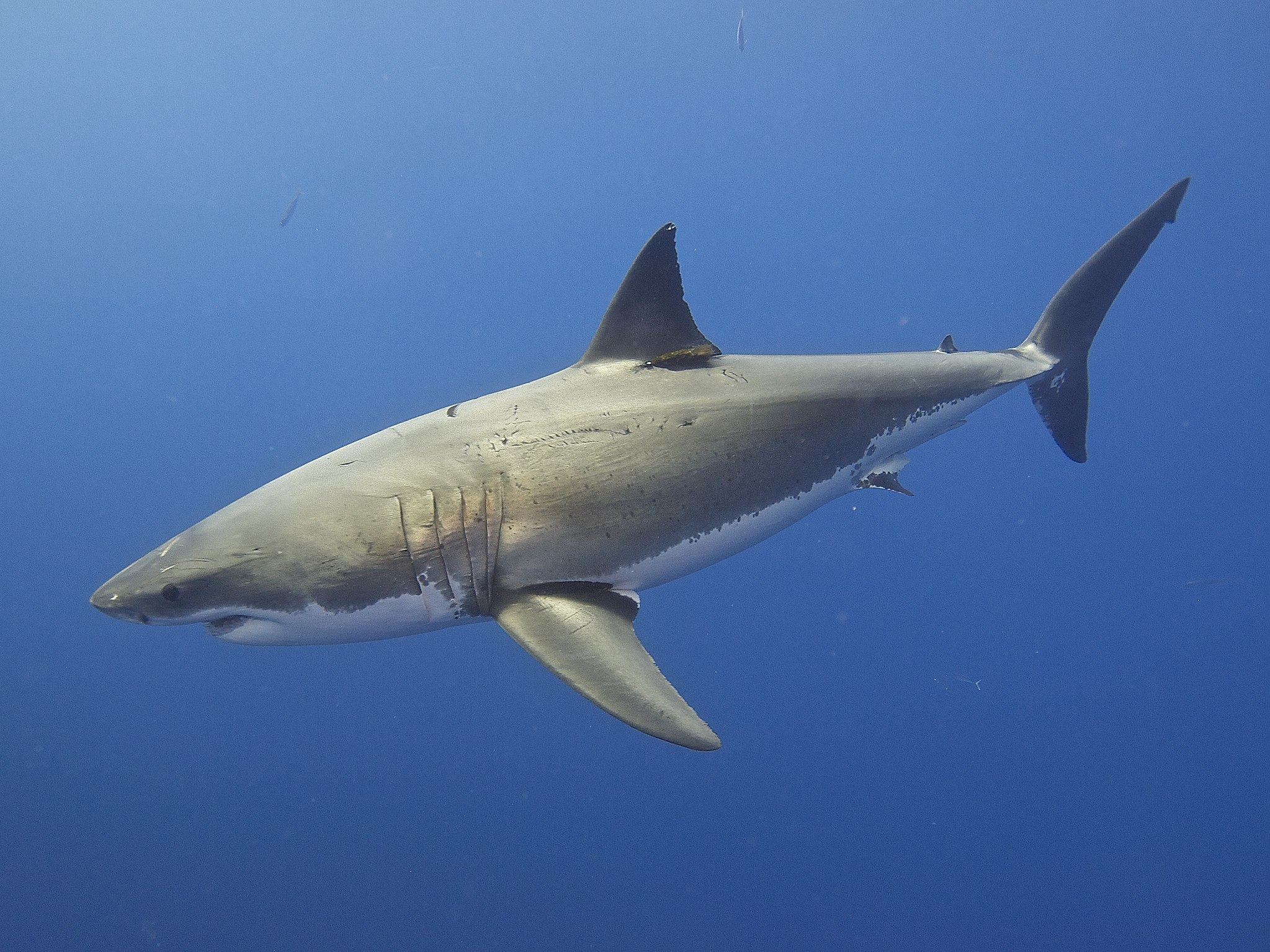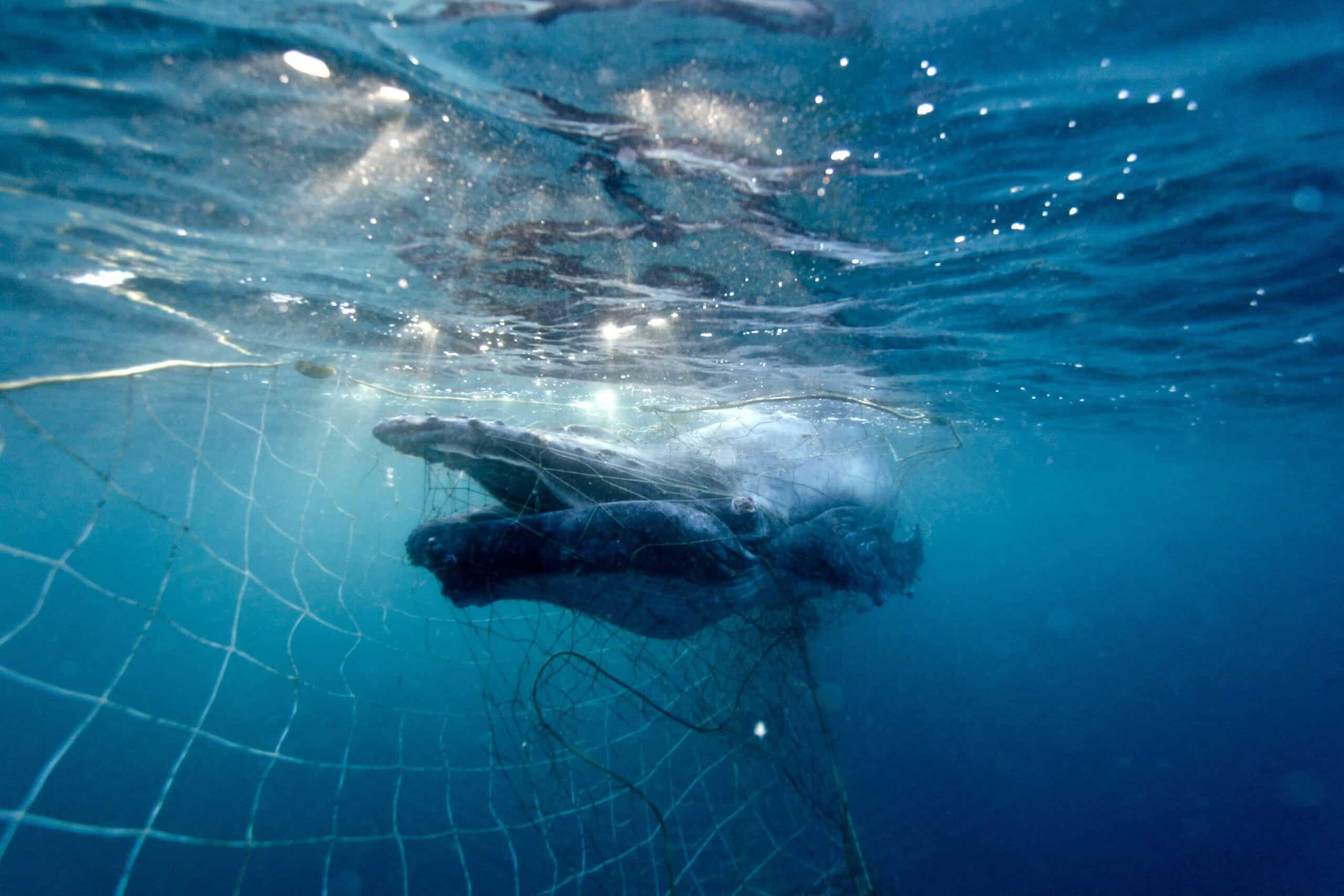Research shows that Australia’s great white sharks are highly related to each other and may consist of fewer than 500 breeding animals. SYDNEY, 24 June 2025: Latest research has found Australia’s great white shark population is much smaller than expected, increasing their vulnerability to further population threats. The population...
This is the question that Japan and its allies have posed to the 89 member nations of the International Whaling Commission (IWC), which will hold its biennial meetings in early September in Florianopolis, Brazil.
Japan argues that the global ban on commercial whaling should be lifted because some whale populations have made recoveries from the decimation wrought by commercial whaling in the last century. Japan also claims that if the IWC does not allow commercial whaling to resume, it is being ‘dysfunctional.’ Indeed, in the complicated bundle of interlinked proposals it recently submitted for consideration at this 67th meeting of the IWC, Japan was unduly critical of the IWC, calling it ‘a mere forum of confrontation,’ simply because Japan has been unable to get its way.
Then, in what it describes quite appropriately as a ‘novel and drastic approach,’ Japan proposes to establish a Sustainable Whaling Committee, and calculate and implement catch limits for what it calls ‘abundant whale stocks/species’ (although the proposal does not specify which these are). It also seeks to amend the IWC’s governing charter so that whaling quotas could be awarded with just a 51 percent majority, as opposed to the current requirement of 75 percent of voting member nations to be in favour. In 1982, it was the vote of ¾ of the member nations that agreed to end commercial whaling. Unable since then to gain that level of support to reverse that decision, Japan is now aiming to lower the bar.
Politicians in the Japanese Diet have recently very publicly redoubled their commitment to the whaling war, and in that vein the package also proposes a Diplomatic Conference of the Contracting Governments to the IWC, which would be able to negotiate and agree on changes to the governing convention.

There is no pressing need for whale meat or other whale products. There will never be enough whales to allow for commercial exploitation that would make a meaningful or sustainable contribution to feeding a growing global population. Image: HSI/AMCS/N McLachlan
Japan’s proposal is complex, and lawyers in pro-whale conservation countries are poring over its legal implications and limitations. But, in simple terms, what Japan intends to do is overturn the whaling ban and legitimise a whole new era of commercial whaling.
The IWC was established in 1946, at a time when whale oil was still an important and valuable global resource. Fast forward more than 70 years and the world is a very different place. Here follow six key reasons why the ban on commercial whaling remains as relevant and important now as it was when it was agreed in 1982, if not more so:
1. Whales are long-lived and slow breeding animals, and the few decades that have passed since the moratorium decision do not even constitute a single life span of many of them. So, whilst it is testimony to the effectiveness of the moratorium that some recovery is being seen, these animals remain inherently unsuited to what would again be an experiment in their “sustainable” use;
2. The necessary field research required to monitor whale populations is both complicated and expensive. These costs are rarely considered in potential whaling profit margins and, alongside other significant costs of vessels, fuel and crews, probably mean that commercial whaling could never be profitable;
3. Cetaceans live in degraded oceans on a rapidly changing planet. Every year untold hundreds of thousands of cetaceans are accidentally killed or injured by entanglements, strandings, noise, and plastic and chemical pollution, amongst many other problems. Faced by such a barrage of threats, many of which we’re only just beginning to understand, the last thing whales need is to be targeted by whalers as well;
4. The history of whaling is one of cheating – misreporting the number and other aspects of the whales killed. If it were to resume, international oversights would have to be built in. The IWC has discussed such oversight before but efforts to create a whaling industry management scheme were abandoned some years ago;
5. There is of course no pressing need for whale meat or other whale products. There will never be enough whales to allow for commercial exploitation that would make a meaningful or sustainable contribution to feeding a growing global population; and
6. There is still no reliably humane way to kill whales at sea. Whales would still be captured using exploding harpoons. In the many cases where the animal is not killed immediately these weapons cause immense suffering. Firing exploding missiles at fully conscious animals is an unacceptably cruel method of commercial meat production.
Since the whaling ban took effect we have learnt a lot more about the cetaceans. Populations, sub-species, and even distinctive cultures have been identified. Japan and its allies seek to ignore all this with one overriding concept: that whales are simply a ‘stock’ to be ‘harvested.’ But science – and morality – has moved on, and this rhetoric looks increasingly archaic as the IWC’s agenda and focus moves to tackle the many other challenges that cetaceans face today.
At the end of the day it all comes down to votes, so when we get to the meeting in Brazil, what will really count will be how many countries Japan has on its team and how many have turned out to protect the moratorium and the whales. If Japan’s side gains the majority vote, whales will be in trouble. Whale-friends, this is not the meeting to stay away from!
Blog image: Japan intends to overturn the whaling ban and legitimise a whole new era of commercial whaling. Image: HSI/AMCS/N McLachlan


